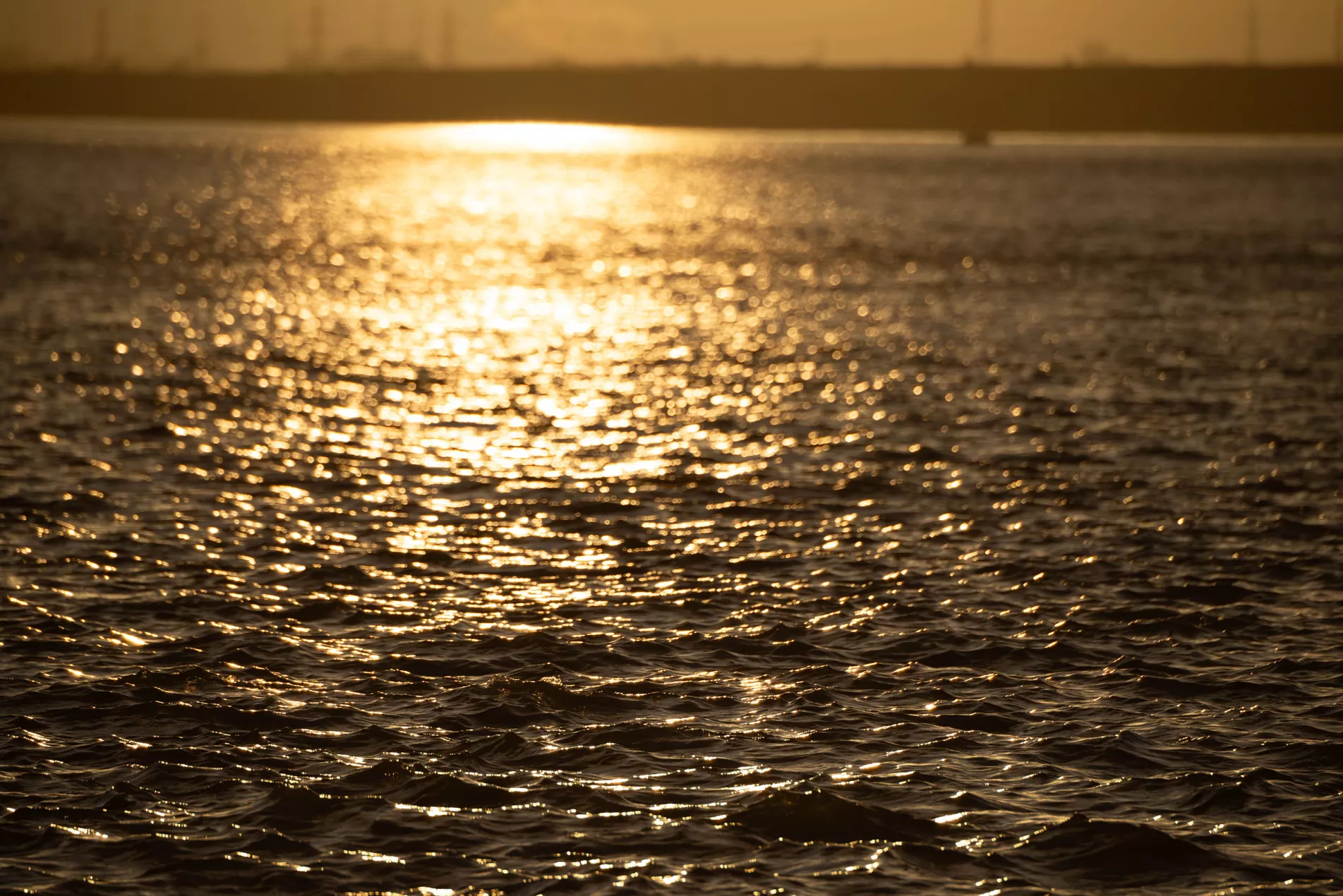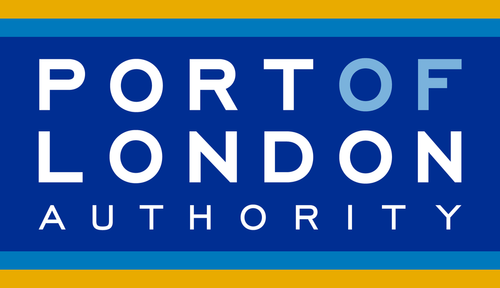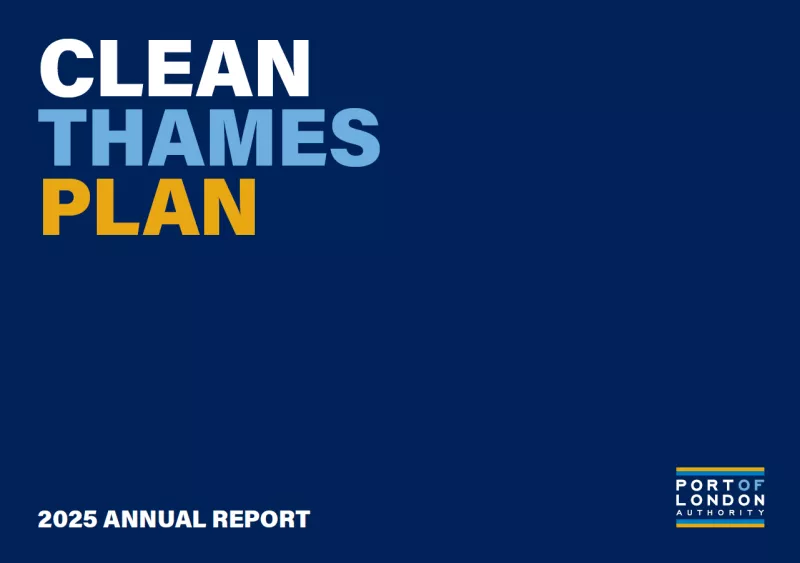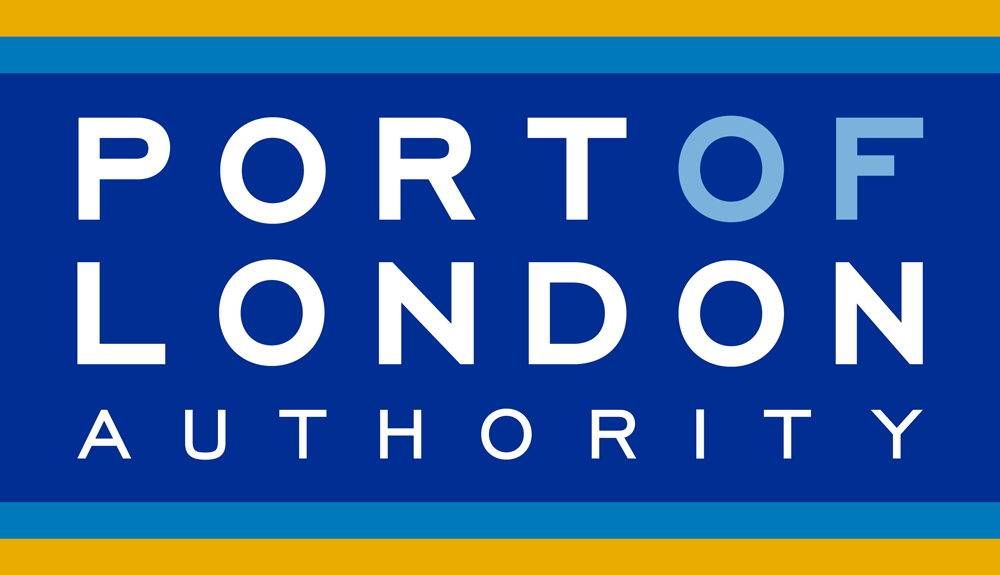Live Tides
NOTICES TO MARINERS
Charts & Surveys
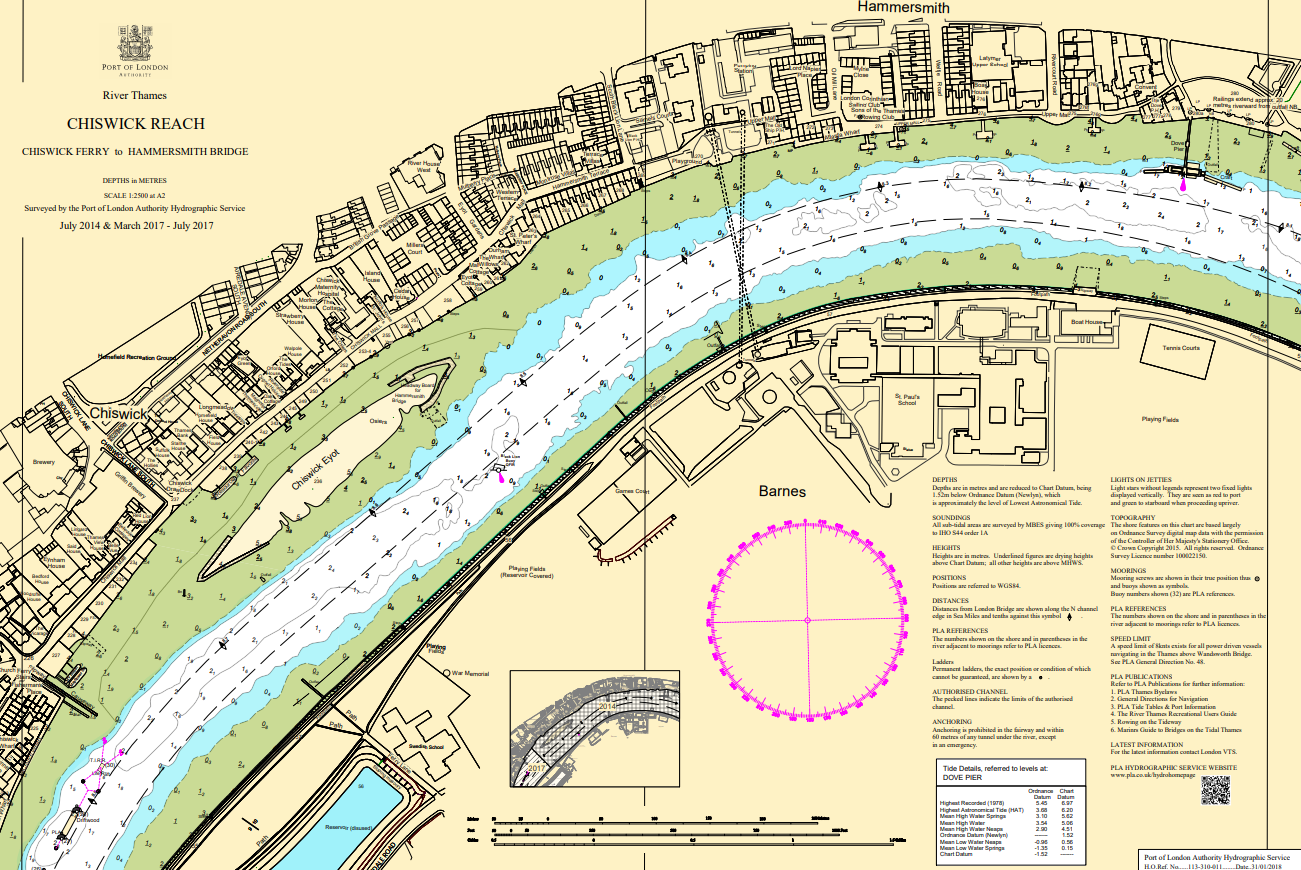
Incident reporting
Life-threatening emergencies on the river:
Call 999 and ask for the Coastguard
For near miss, safety observations and incident reporting click below
Double the funding; PLA's Thames Environment Fund 2023 opens
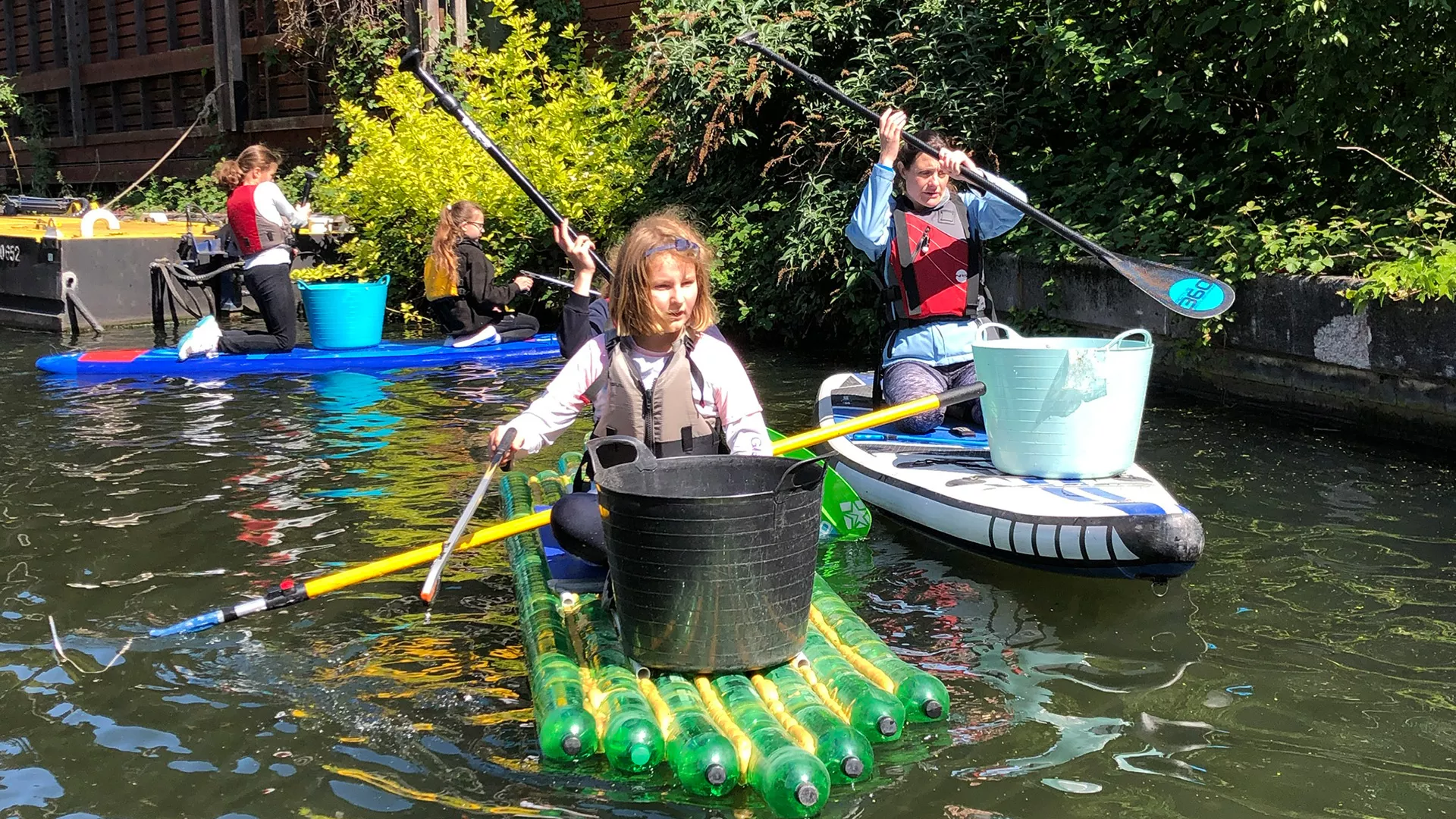
In time for London Climate Action Week (24 June to 2 July), the Port of London Authority (PLA) has announced this year’s Thames Environment Fund, with the news that it has doubled the funding to £50,000 and tripled the maximum amount of each bid to £15,000.
As a trust port, the PLA holds the river in trust, working to hand it on in a better condition to future generations. In order to deliver on the environmental aims of the PLA’s strategy Thames Vision 2050, the 100% increase in this year’s funding, as well as the increase in the limit of each bid to £15,000, aims to attract a wider variety of applicants, including from schools, charities and sports clubs with an interest in the River Thames.
Grace Rawnsley, director of sustainability at the PLA said:
“We are excited to launch our Thames Environment Fund this year, offering twice the funding for a greater range of projects for applicants, and providing greater opportunity for environmental improvements on the tidal Thames. We welcome any applicants who share our passion and vision for the future of the natural Thames and its wildlife.”
In the past two years, the PLA has funded seven projects, thanks to the Thames Environment Fund. Last year, two rowing clubs were awarded funding to replace their petrol outboards with electric alternatives. In 2021, a total of five projects were successful in receiving funding related to the themes of invasive species and litter. Examples include: the Whale Company and Active360’s “Paddle & Pick”, combining stand-up paddle-boarding with litter-busting, and Medway Swale Estuary Partnership tackling invasive Pacific oysters on the Isle of Sheppey.
Applications are open to any project ideas that will be of environmental benefit to the tidal Thames.
Related content
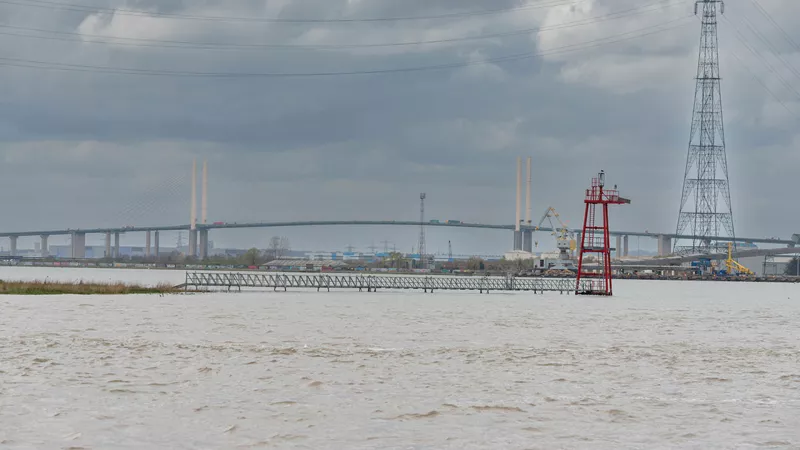
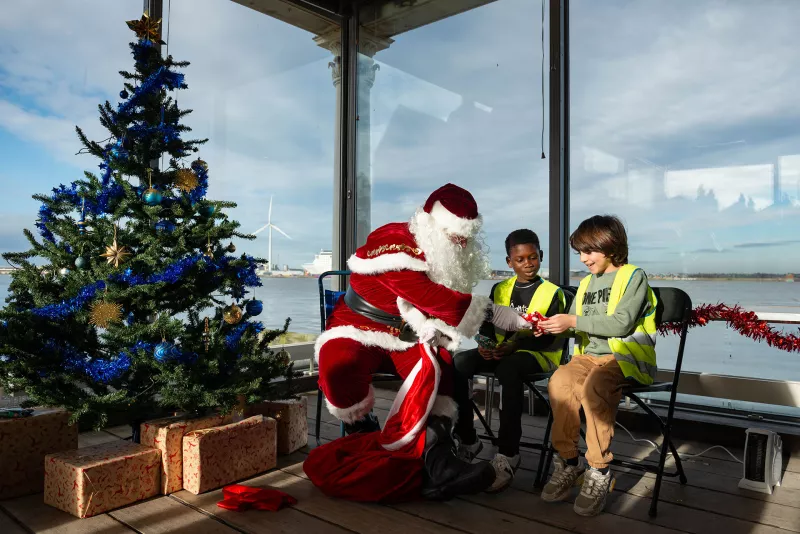
Location: London/Gravesend Remuneration: £28,971 per annum for a commitment of up to 24 days per...
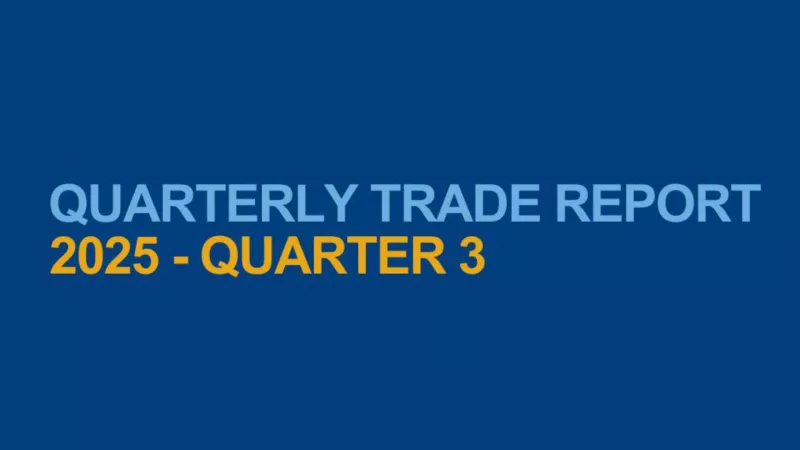
Parliamentary launch of Thames Vision 2050
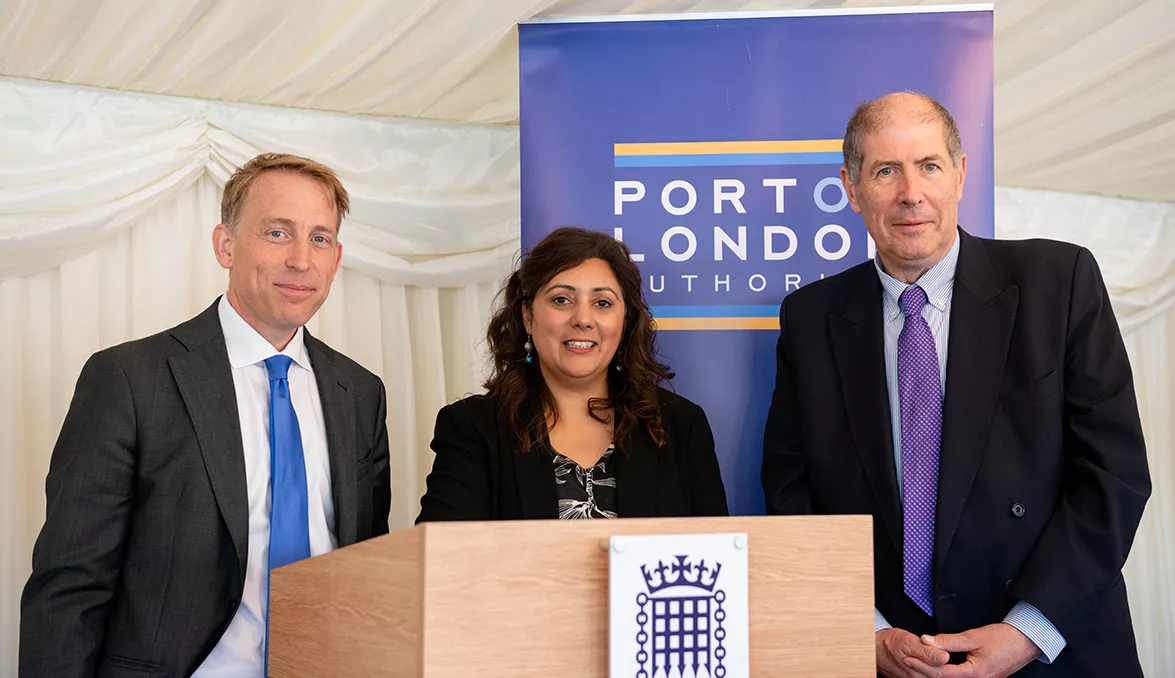
The Port of London Authority (PLA) presented its refreshed strategy, the Thames Vision 2050, at an afternoon reception at the Palace of Westminster yesterday (5 June) alongside 150 guests, including former maritime ministers.
The reception in the House Commons' Terrace Pavilion brought together leading figures from industry, the port and river community NGOs, sporting and recreational groups, alongside politicians and officials, setting out the future intent across the themes of the river development plan, Thames Vision 2050.
The three Vision themes, reflecting the role the river plays for people and the environment, are:
- Trading Thames – The No. 1 Net Zero UK commercial hub
- Destination Thames – A place to live, visit, play and enjoy
- Natural Thames – Clean air, water and land supporting diverse wildlife.
The event also provided a platform for a group of businesses and innovators to showcase their projects seeking to drive forward a more sustainable river operation, including proposed schemes covering shore-side power, electric foiling ships, zero emissions and autonomous hydrogen vessels.
“As we look to accelerate the path to a decarbonised economy, it is our mission to create a truly sustainable operation and environment. Delivering Net Zero is now a golden thread throughout our working and personal lives, even more so for younger generations. The Thames Vision 2050 will provide that guide-rail for the river community as we drive forward progressive change," commented Jonson Cox CBE, chair of the Port of London Authority, in his address to the guests.
He added: “The Vision is broad, combining ambitions for a safe, Net Zero port, clean and wildlife-rich river, an estuary resilient to climate change and a more diverse Thames, open to and providing opportunity for all.”
Minister for Industry and Economic Security Nusrat Ghani said:
“The Port of London Authority’s new Vision for the Thames in 2050 underlines the crucial role both the Port and the River Thames will play in our economy and the environment, now and in the future.
“As the UK’s largest and most competitive port, it supports over 45,000 jobs, handles over 50 million tonnes of cargo every year, and has an annual gross value added of more than £4 billion – a huge asset as we continue to grow the economy.”
Related content


Location: London/Gravesend Remuneration: £28,971 per annum for a commitment of up to 24 days per...

“Clean Thames Manifesto” launched
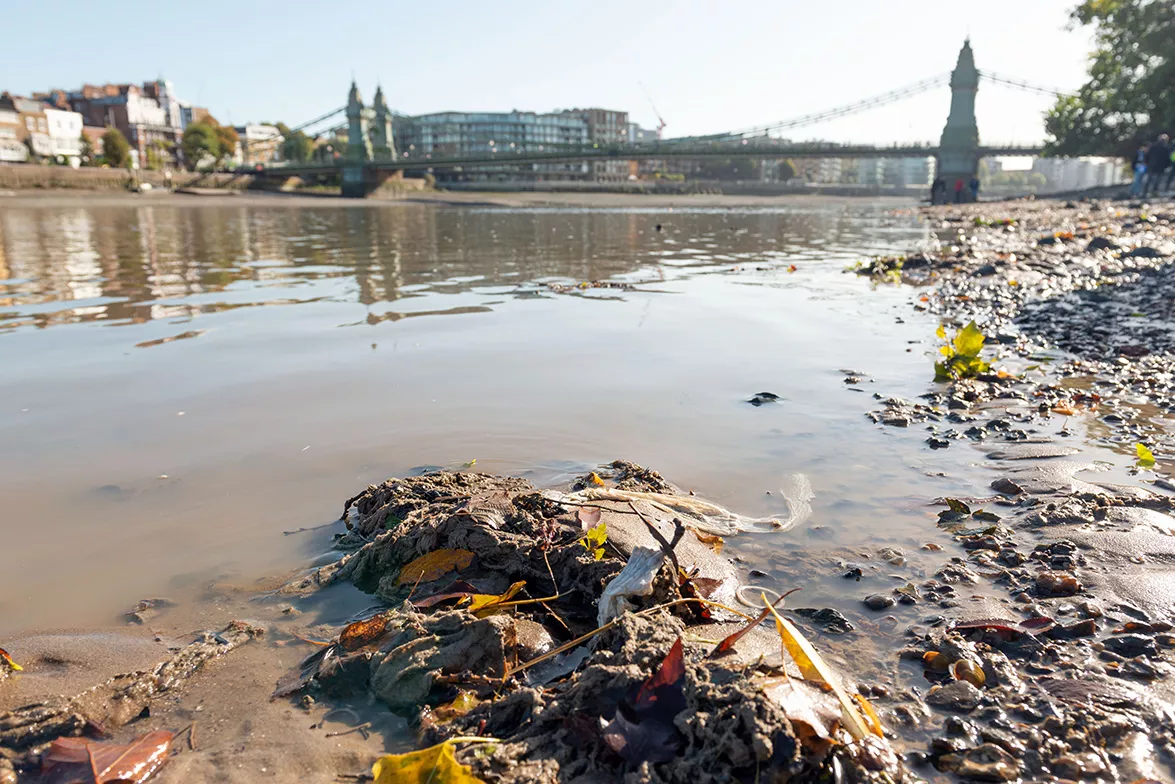
Water companies to go faster and further cleaning up the tidal Thames
Further work by water companies to tackle sewage pollution of the tidal Thames is to be fast-tracked in a new collaboration, convened by the Port of London Authority (PLA).
A Clean Thames Manifesto, launched 5 June, also promises greater collaborative work with Thames Water and others to combat plastic wet wipes clogging up the river through London.
At the PLA’s request, Anglian Water, Southern Water and Thames Water have committed to work towards reductions in sewage and storm water discharges from overflow points and treatment works, affecting the river between Teddington and the North Sea, faster than previously planned:
- Anglian Water, operating 34 combined sewer overflows (CSOs) on the river in Essex, has agreed to investigate options to achieve a 2040 target for the Thames and other high priority rivers and streams in their operating area.
- Southern Water, with 16 tidal Thames CSOs in Kent, has agreed to work towards a 2040 target.
- Thames Water has agreed to look at options to bring forward their discharge targets for the tidal section of the river through London and announce their plan at a stakeholder event at the end of 2024.
Thames Water, the PLA and the Environment Agency (EA) will also be working together to develop a plan to tackle wet wipes at problem sites in the river. An initial feasibility study to understand the scale of the problem and possible solutions will start in September 2023.
Robin Mortimer, PLA chief executive, said: “We have asked the water companies to meet the targets set out in the Storm Overflows Discharge Reduction Plan on the tidal Thames at least ten years ahead of the Defra targets.
“Much progress has been made in recent years, but with sewage pollution remaining a priority issue for the public, particularly river users, much more still needs to be done.
“This Clean Thames Manifesto is a major step in the right direction.
“We all want a river that is clean, with a healthy eco-system. That means tackling river pollution in all forms, not just sewage and plastic.
“With the support of the sector’s regulator, Ofwat, and the EA, we want the water companies to invest more in technology and innovation.
“We will also be working with farmers, landowners, local authorities and highway agencies to reduce harmful run-off from agricultural land and roads.
“Tackling pollution at source, particularly plastic wet wipes, is a key priority. We support a ban on their sale and in the meantime ask the public not to flush them down the toilet in the first place.
“The unacceptable current levels of pollution of the tidal Thames will not be easy to fix. It’s a complex problem, requiring more than one solution.
“For our part, we are updating river regulations to require boat operators to stop discharges of sewage from their vessels from 2024.
“In addition, we will be expanding the PLA-led Thames Litter Forum to include a focus on all pollution and include local authorities, highway agencies, landowners, farmers, and businesses.
“We will also develop campaigns to reduce micro plastics at source, encouraging changes in consumers’ shopping habits and disposal of rubbish.”
The PLA has been a long-term supporter of the Thames Tideway Tunnel, London’s “super sewer”, licensing 11 construction sites in the river itself, to help upgrade the capital’s mainly Victorian sewerage system.
Due to be operational in 2025, Thames Water estimates the “super sewer” project will reduce discharges of sewage to the river in London after rainfall by 95 per cent.
Robin Mortimer added: “We welcome the reduction in sewage discharges the Thames Tideway Tunnel will bring in London, but we also expect to see water companies investing in more solutions to reduce sewage discharges, such as smart sewer technologies and sustainable urban drainage systems.”
Other measure highlighted in the manifesto include:
- All CSOs being fitted with event duration monitors (EDMs) by the end of 2023, to allow the EA to better monitor activity.
- Updating the PLA’s Thames Litter Strategy, to focus on tackling the sources of litter and preventing litter from entering the Thames in the first place.
- Supporting a campaign to remove the automatic right of property developers to connect to the sewerage network.
- Encouraging the government to make water companies statutory consultees on planning applications.
- Commissioning a study on “forever” chemicals and non-soluble pharmaceuticals in the Thames.
Read the Clean Thames Manifesto
Related content


Location: London/Gravesend Remuneration: £28,971 per annum for a commitment of up to 24 days per...

Priya Nair joins the Port of London Authority Board

Priya Nair has been appointed a non-executive board director of the Port of London Authority (PLA), with effect from 1 June 2023.
A senior investment director at abrdn’s Infrastructure Private Equity business, she will chair the PLA’s investment committee.
Her previous experience includes working on advising and financing a range of large infrastructure projects in the water and transport sectors, such as High Speed Rail and the Thames Tideway Tunnel in London.
Jonson Cox, chair of the PLA, said: “Priya is joining the PLA at a very exciting time, as we roll out the delivery of our Thames Vision 2050 and our 2030 objectives, seeking to maximise the economic, social and environmental potential of the river.
“Her wide knowledge and experience linked to the financing of key infrastructure in the UK and internationally will be critical to making the Vision goals a reality.
“It is great to have her on board for our journey to ensure that London is a world-leading, Net Zero trading hub, at the forefront of global port innovation."
Related content


Location: London/Gravesend Remuneration: £28,971 per annum for a commitment of up to 24 days per...

Active Thames and Go Jauntly app launch new walks
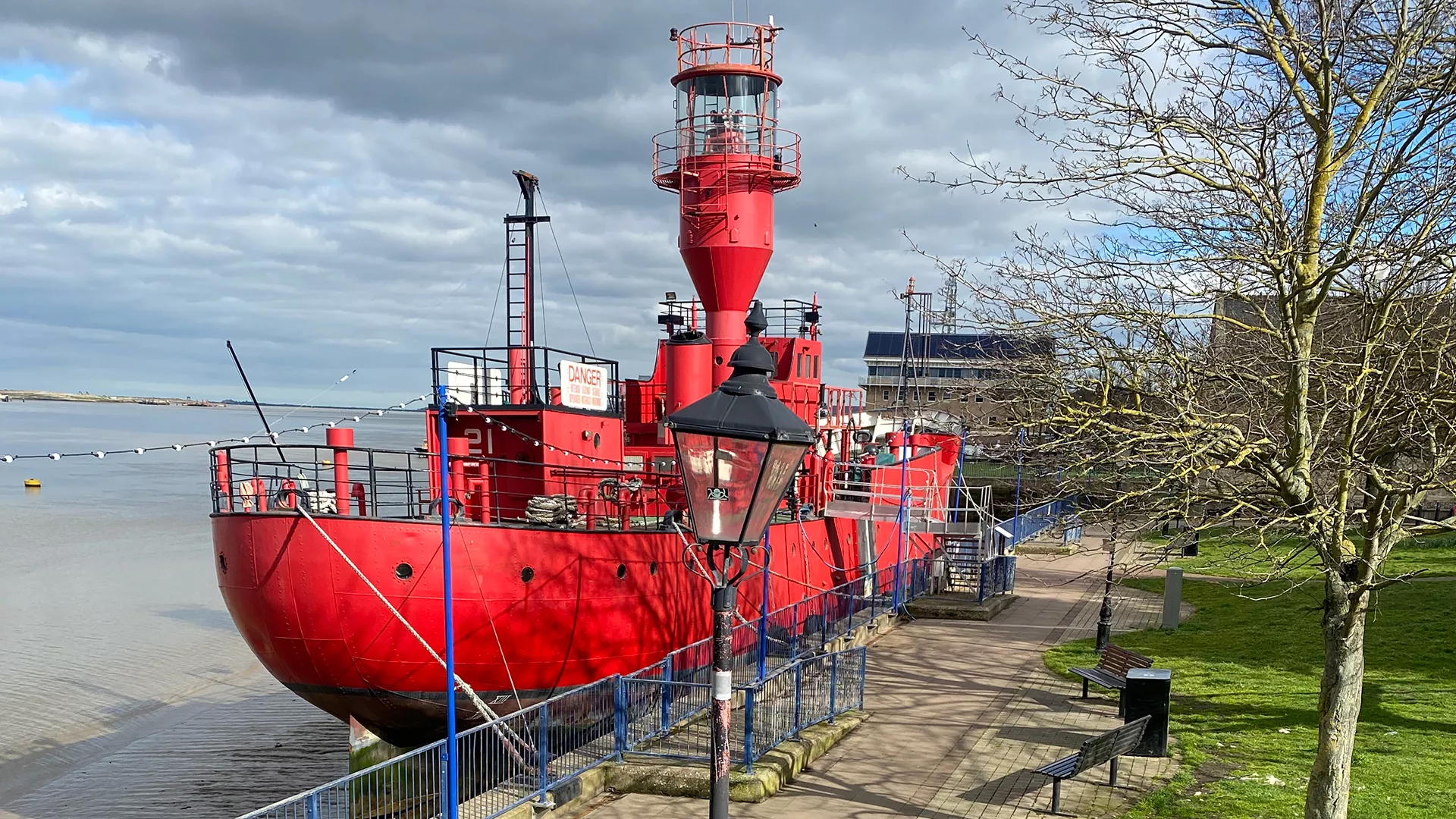
Active Thames, a partnership programme led by the Port of London Authority (PLA), have teamed up with Go Jauntly, a walking app for everyday outdoor adventures, to create a collection of family-friendly walks along the Thames Path.
The accessible walks feature a riverside trail and puzzle hunt in Gravesend, a ramble in Rotherhithe, jaunts in Woolwich and Bermondsey, and a nature wander around Surrey Quays.
The Thames Path National Trail covers 185.2 miles, from the Cotswolds all the way to Woolwich, London, where it meets the England Coast Path to form one continuous route from source to sea.
Hannah Gutteridge, Thames Path National Trail manager said:
“The Thames Path is London’s only National Trail. We’ve worked in partnership with Go Jauntly and the PLA to create these walks and show how the Thames Path links with London and Kent’s local communities, green spaces, and cultural history. Being beside the river, watching the tide ebb and flow, is so beneficial for our mental health- particularly in busy urban areas.”
Jenny Cooper, sports manager at the PLA said:
“It’s national trails day this weekend, and these step-free walks have been designed to encourage families to get out and about together, exploring the Thames. There’s always something interesting happening on the river, whether its boats, people or nature, and we hope the new walks encourage people to enjoy being active by the Thames.”
You can access the walks, and thousands of other routes, via the free Go Jauntly app
Related content


Location: London/Gravesend Remuneration: £28,971 per annum for a commitment of up to 24 days per...

River women making a difference
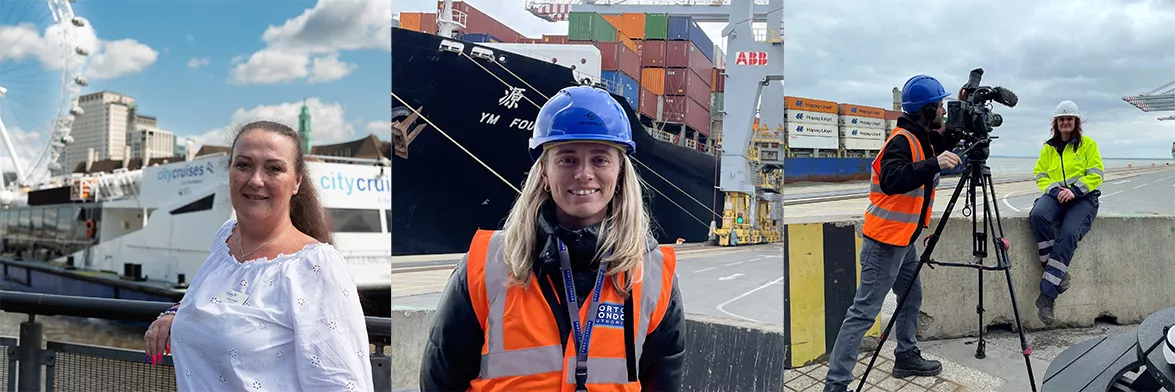
Marking International Day for Women in Maritime (18 May), we put the spotlight on three women in very different roles on the tidal Thames.
Our latest People of the Thames profile features Audrey Hughes, manager of City Cruises’ operations at Westminster Pier.
Audrey says: “The river often comes across as a man’s world. Old ways of doing things are slow to change in some quarters, but I think that progress has been made in recent years.
“I manage a wonderful, diverse and multi-cultural team of 13. Only three of them are men.
“City Cruises also has one Thames jet captain, who is female, along with a number of our apprentices."
In filmed interviews, Ventzislava Gunton, hatch foreman at DP World London Gateway, and Amber Hurn, a GIS assistant in our hydrography department, offer their perspectives on what needs to be done to address the sector’s gender imbalance.
Ventzislava commented: “There needs to be more education on the fact that women have a place in this industry in any role that they choose to do.”
Amber’s advice to women considering a maritime career is “Go for it! There is a wide support network available to help."
Katherine Riggs, chief executive of the Thames Skills Academy, said: “The maritime sector has historically been male-dominated, but more and more women are coming aboard.
“Attracting, retaining and developing more women to follow careers on the Thames is crucial to the future success of the river.
“It’s vital we recruit from the full talent pool available.”
If you’d like to learn about the #WomenOnTheWater Thames network, contact Katherine Riggs at the Thames Skills Academy ([email protected]).
Related content


Location: London/Gravesend Remuneration: £28,971 per annum for a commitment of up to 24 days per...

Debut for UK ports’ first fully-electric survey vessel

In a first for UK ports, the Port of London Authority (PLA) and University College of London (UCL) have launched a fully electric, remotely operated survey vessel.
It will support a MSc Hydrographic Surveying course they have run in partnership since 1999.
The state-of-the-art platform, manufactured by MARITIME ROBOTICS, was acquired by the partners, following a successful bid and award of an £263,000 grant from the Engineering & Physical Sciences Research Council (EPSRC).
The vessel features the most advanced sonar and scanning system from technology manufacturer, NORBIT, called a WINGHEAD. This facilitates unparalleled collection of data to create detailed maps of the riverbed, and structures, such as bridges, jetties and shipwrecks that need to be surveyed and inspected to ensure accurate information for safety of navigation or maintenance.
The platform will facilitate PLA and UCL research in coastal morphology, carbon reduction, habitat mapping and other areas of education and development in the sphere of maritime safety, autonomy, and robotics.
Due to its small size and manoeuvrability, the remote platform can be deployed in situations where traditional survey vessels would be impractical or unsafe, such as shallow waters, or close inshore or around and under marine structures. Its battery- powered electric thrusters provide a much more environmentally-friendly solution than traditional marine diesel or petrol engines.
The tidal Thames is home to the UK’s port and busiest inland waterway; accurate and regularly updated riverbed data is essential to safe navigation. The PLA’s port hydrographer, John Dillon-Leetch, said:
“We’re delighted to lead the way in launching this remote surveying vessel with UCL.
“Not only does it feature the latest in innovation, thanks to NORBIT’s multibeam technology, but it also enables our hydrographers to survey in previously inaccessible areas, safely and sustainably. This aligns with two of our goals in our Thames Vision 2050 strategy, launched last year.”
The remote surveying vessel has been trialled in London’s Royal Docks and at the PLA’s Richmond Lock and Weir, by UCL’s latest cohort of international MSC students supported by the PLA Hydrographic Service Team.
Since 1999, the PLA’s Hydrography team have worked in partnership with UCL Civil, Environmental and Geomatics Engineering (CEGE) to deliver the International Hydrographic Organisation (IHO) accredited Category A MSc in Geospatial Science, Hydrographic Surveying. The only CAT A accredited course in the UK, supporting the education of future hydrographic surveyors from around the world.
UCL CEGE’s lecturer in marine geospatial science, Dr Cassandra Nanlal, explains:
"Our partnership with the PLA enables us to offer an unrivalled field course experience with a world-leading hydrography team, including use of cutting-edge equipment, such as this remote surveying vessel.
“Our international students will be able to take their experience and knowledge to all parts of the world, to help elevate the standards within the industry. This platform will facilitate interdisciplinary research at UCL with collaborations between CEGE, UCL Mechanical Engineering and UCL Geography, in alignment with the UCL Research Strategy.”
John Fraser from NORBIT commented: “We are proud to support PLA and UCL with this project which demonstrates the importance of both technical innovation and practical application.”
The emergence and growing importance of remote and autonomous surveying vessels signify a paradigm shift in the hydrographic surveying industry.
By providing a safer, more efficient, versatile, and sustainable solution for underwater data collection, these vessels will transform the way the surveyors of the future map and analyse data of the world’s riverbeds and ocean floors as well as paving the way for a more technologically driven and sustainable future in maritime operations.
----------------
The Port of London Authority (PLA)
Covering 95 miles of the tidal River Thames, the Port of London Authority (PLA) works to keep commercial and leisure users safe, protects and enhances the environment and promotes the use of the river for trade and travel. As a trust port, the PLA has no shareholders and operates for the benefit of customers and stakeholders, now and in the future.
UCL Department of Civil Environmental and Geomatics Engineering (CEGE)
UCL Civil, Environmental & Geomatic Engineering (CEGE) is dedicated to creating engineering solutions for a sustainable future, fuelled by creativity, collaboration, and communication that drive social impact. Our department takes pride in its substantial EPSRC research portfolio and extensive academic portfolio in civil engineering, which offers the world leading IBSC CAT A accredited Hydrographic Surveying MSc — the sole programme of its kind in the United Kingdom.
UCL Civil, Environmental & Geomatic Engineering (www.ucl.ac.uk/civil-environmental-geomatic-engineering)
NORBIT Subsea
NORBIT Subsea designs and develops wideband multibeam sonars for hydrographic applications, forward-looking applications as well as advanced subsea monitoring. Our solutions are based on the latest in analogue and digital signal processing and our products provide wide coverage combined with high sensitivity and accuracy. Subsea is part of the segment Oceans in NORBIT ASA.
NORBIT Subsea (www.norbit.com/subsea)
Related content


Location: London/Gravesend Remuneration: £28,971 per annum for a commitment of up to 24 days per...

British Ports Association annual conference programme confirmed
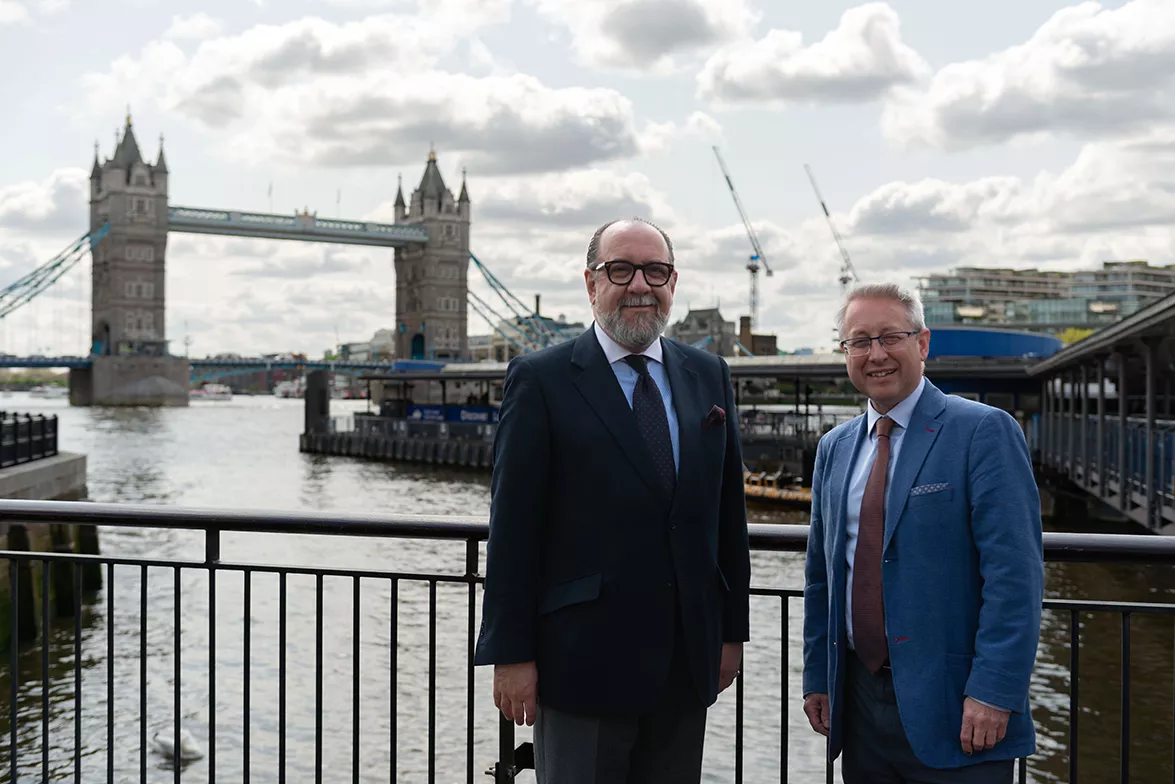
The speaker line-up for this year’s British Ports Association (BPA) conference features experts in key sector priorities, including the energy transition, port safety and diversity.
Hosted by the Port of London Authority (PLA), the event will run from 17 October to 19 October 2023, at the Leonardo Royal London, Tower Bridge. It is expected to attract up to 400 delegates from across UK ports and maritime, providing a forum for debating key sector trends, keeping up with the latest technology developments and networking.
Invited speakers include the new Maritime & Coastguard Agency chief executive, Virginia McVea; Department for Transport’s Maritime Director Petra Wilkinson; and Graeme Leach, chief economist at Macronomics. The closing keynote on climate adaptation is expected to be from chair of the independent Climate Change Committee, Lord Deben.
International panellists are set to include: Mike Gallacher, Ports Australia; Flemming Dalgaard, AP Moller Capital; Isabelle Ryckbost, European Sea Ports Organisation; and Patrick Verhoeven, International Association of Ports and Harbors.
Commenting on the evolving conference programme, PLA director of corporate affairs, Alistair Gale, said:
“We’re gathering a fantastic array of speakers from the UK and overseas to provide the perfect one stop event you’ll need to catch up with the latest developments in ports and maritime. Booking for the conference will assure you of great speakers and unrivalled insights. Alongside this is a busy programme of hosted receptions, with a gala dinner on the last evening.”
The PLA will be offering delegates opportunity to get afloat to tour the UK’s largest port and busiest inland waterway as part of the programme too.
Richard Ballantyne, chief executive of the British Ports Association, said:
“We are extremely excited and looking forward to this must-attend event for the ports industry. This will be an unrivalled event this year for the sector, bringing together a wide range of representatives from the UK and international ports community as well as a host of other speakers from the wider business community.”
Early bird booking options for the conference end on 31 May 2023 and there are just eight exhibition stands left. To find out more and register to attend, please visit: British Ports Association Conference – 2023 Event (bpa2023.com).
Related content


Location: London/Gravesend Remuneration: £28,971 per annum for a commitment of up to 24 days per...

Women making a difference on the river
Audrey Hughes
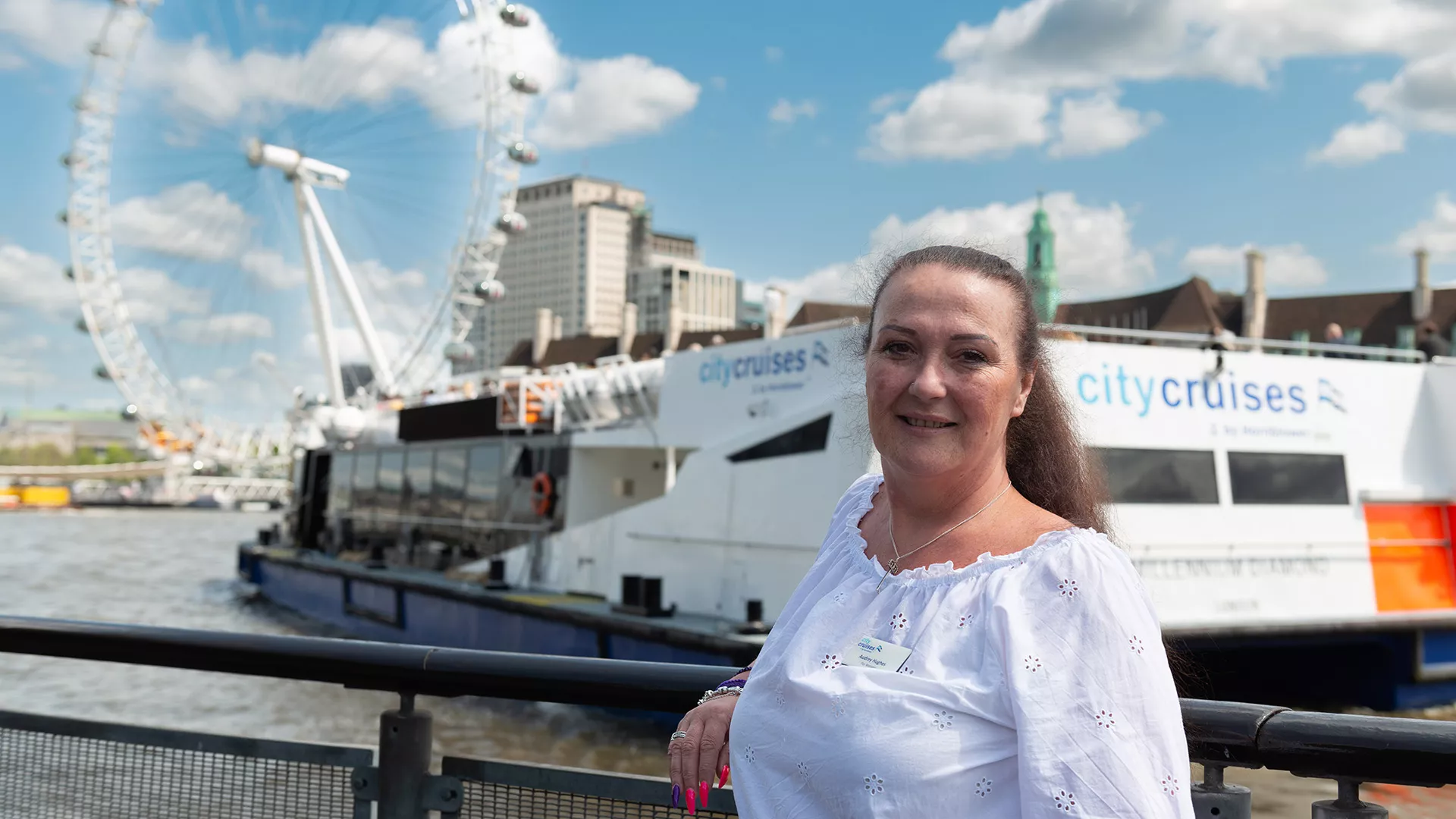
Marking International Day for Women in Maritime (18 May), Audrey Hughes, City Cruises’ manager at Westminster Pier, reports more females are joining her working on the river – but not enough.
A man’s river?
“The river often comes across as a man’s world.
“Historically, it’s not always been a welcoming place for women.
“Old ways of doing things are slow to change in some quarters, but I think that progress has been made in recent years.
“I manage a wonderful, diverse and multi-cultural team of 13.
“Only three of them are men.
“City Cruises also has one Thames jet captain, who is female, along with a number of apprentices.
“More are needed, without a doubt."
River calling
“I have worked for City Cruises for just over five years now.
“I started as a customer service agent at Westminster Pier in January 2018 and have worked my way up through the ranks.
“Just over a year later, I was promoted to team leader at Tower Pier.
“I started my current role in August last year, succeeding Antonio De Vincentis."
Daily routine
“It’s a very varied job.
“Basically, I am responsible for the day-to-day smooth-running of City Cruises’ services at the pier.
“That includes sorting timesheets and other paperwork, ensuring we meet our ticket office targets, as well as dealing with any issues that crop up, and generally keeping people informed – both passengers and colleagues.
“The working day for me starts officially at 9am, but I am always in by 8.30.
“I like to get prepared for the day ahead.
“In summer we work longer into the evening.
“It’s the busiest time of year for us.”
Weather resistant
“The changing of the seasons on the river can be dramatic.
“Luckily, we have uniforms to suit all weather conditions, from summer shorts to winter fleeces and thermals.
“Fog is definitely the worst type of weather for us, as it can bring the boat operation to a standstill.
“Last summer, the heat was unbearable.
“Sunnies were essential and we were careful to keep hydrated.
“Winters can be chilly, particularly when the wind blows.
“Most of us have hot water bottles to keep us warm.
“Having worked outdoors in winter previously, I once vowed never to do it again, but the river has changed that.
“It’s a great time of year on the river.
“I love seeing London’s landmarks from the river, when they are lit up and all is quiet.
“It’s so relaxing.”
Communication, communication, communication
“The language barrier is not an issue when communicating with guests from overseas.
“I make it my goal to make myself understood, using various tools I have learned over the years. For example, talking slowly, using hand gestures and visual aids, such as maps.
“A calculator often comes in handy too!
“When I worked at Tower Pier, one passenger was admiring my necklace and offered to buy it.
“Politely, I had to explain it wasn’t for sale.
“Sometimes we also get asked for bus and train departure times.”
Covid recovery
“Not working during the pandemic was hard.
“I missed working with the team and not dealing with tourists daily.
“When we did come back to work, it was a challenge to get used to the restrictions in place.
“Everything felt so surreal.
“Thankfully, passenger numbers have been on the up again.
“Last year was much better than we had expected actually.”
Tourist attraction
“It was particularly good to see overseas tourists back on the river – the best way to see the capital, of course.
“Events like the coronation have boosted passenger numbers, obviously.
“I was working on the big day.
“It was lovely to hear all the bands men marching over Westminster Bridge.
“I’ll remember the day for personal reasons too.
“My partner, a Yeoman Warder (Beefeater) at the Tower of London, was marching alongside the Royal Watermen, in front of the King & Queen.
“That was very special to see.
“The Reflections tribute to the late Queen Elizabeth last September was also a truly unforgettable evening on the river."
Doggett’s draw
"A big river event I look forward to every year is the Doggett’s Coat & Badge Wager.
“It sees recently-qualified river apprentices compete in a sculling race, from London Bridge to Chelsea.
“We have a perfect vantage point at Westminster Pier.
“It’s a really special event for lots of the people who work on the river and their families.
“This year’s race is on 19 July.
“It’s a real river spectacle, with a rich history – well worth keeping an eye out for."
Road to the river
“My father, always my role model, emigrated from Scotland to Zimbabwe (Rhodesia) in the 1960s, to become a tobacco and maize farmer.
“That’s where I was born and grew up.
“In 1981, we moved to the UK, settling in Aberdeen.
“At school there, my absolute favourite subjects were woodwork and technical drawing.
“I also loved hockey – a sport I took up again in later life, until my knees told me it was time to give up.
“I first moved to London in 1989.
“Before City Cruises, I worked for a company raising funds for charities, such as Cancer Research and the Dog’s Trust.
“Making a difference has always been a key motivator for me. It still is.
“My first job was in hospitality, which I absolutely loved.
“With a background in sales and marketing, I never imagined I would end up working on the river.
“Now I could not imagine working anywhere else.
“The river means everything to me.
“My passion for the river even meant that my partner, who was in the Royal Navy for 32 years, recently turned down the opportunity to go back.
“The river is my life. I love it.”
Quick fire
- The river in just three words? Mesmerizing, tranquil and calm.
- Best Thames-side restaurant or pub? The Town of Ramsgate in Wapping. The food is very tasty and they do a great quiz night.
- Out of hours? I enjoy motorcycling with my partner. We both have Triumph Tiger 900 GT Pros. Weather permitting, we get away on the bikes for camping breaks whenever we can, mainly in the UK, but we have just got back from a trip to Spain.
Related content


Location: London/Gravesend Remuneration: £28,971 per annum for a commitment of up to 24 days per...

Removal of Aids to Navigation in the Port of London
Consultation C04-23
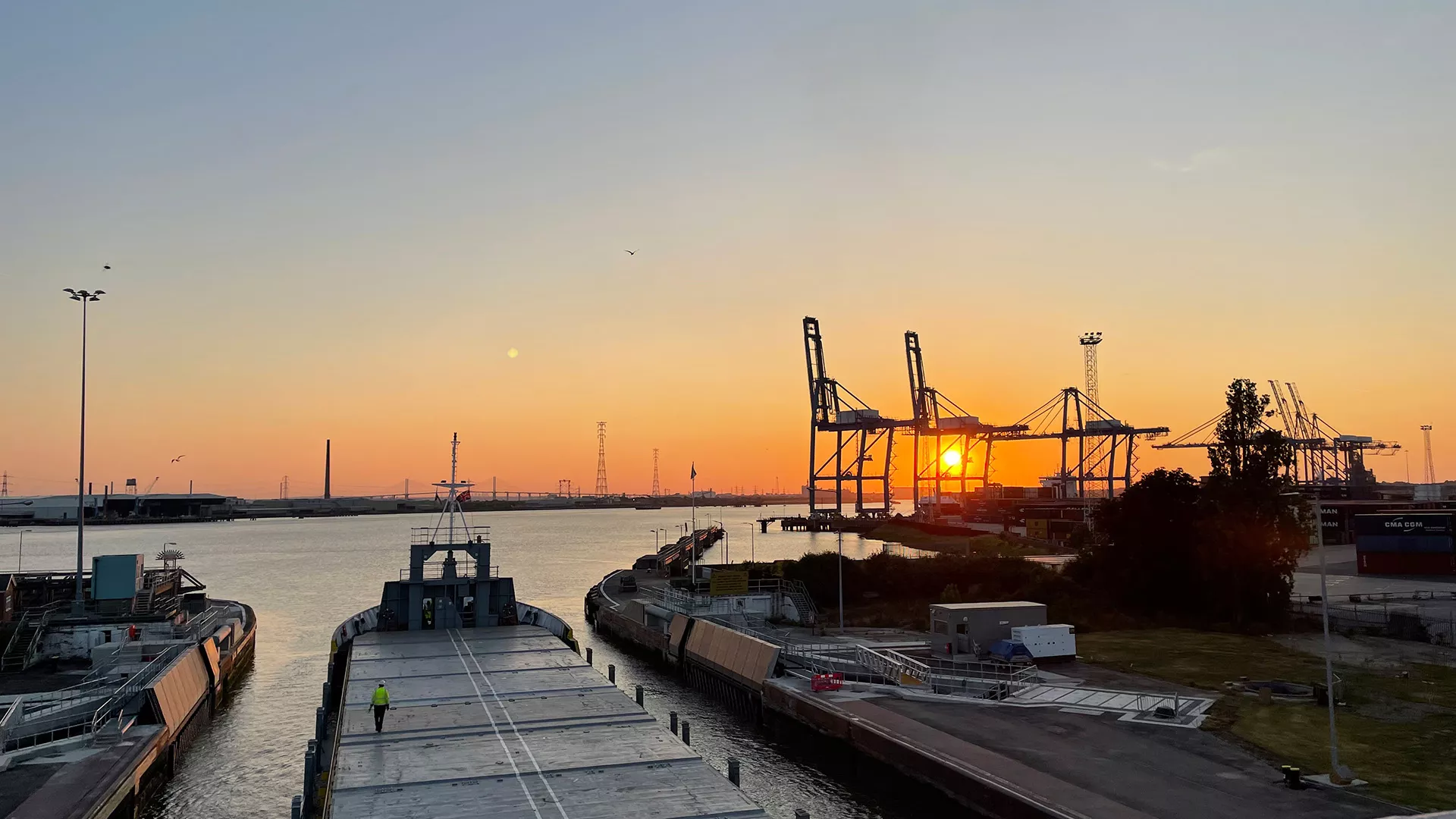
Consultation Statement: C04-23
Removal of Aids to Navigation in the Port of London
This consultation ran from 17/05/2023 to 16/06/2023. The below statement has been provided to summarise the Port of London Authority’s (PLA) initial response.
This consultation, which was open to public response for 30 days, received one response - which was in favour of the proposals.
The PLA has now consulted with the General Lighthouse Authority, Trinity House, as prescribed in the Merchant Shipping Act 1995, who have agreed to the proposed changes.
The PLA will now work with berth, terminal and pier owners/operators to implement the removals. These removals will be promulgated as appropriate.
Cathryn Spain,
Senior Harbour Master
Removal of Aids to Navigation in the Port of London
Consultation C04-23
1. Introduction
1.1. Mariners and practitioners will know that the extremities of jetties, berths, piers and other river works in the tidal Thames are marked with navigation lights (pairs of vertical red or green lights) to assist and inform navigation in the Port.
1.2. The Port of London Authority, as the Local Lighthouse Authority, in conjunction with Trinity House (the General Lighthouse Authority) has undertaken a review of the need for these navigation lights in the port, as part of a wider review of all aids to navigation.
1.3. This consultation applies to all areas within the jurisdiction of the Port of London Authority1.
1.4. Over time, jetties, wharves and piers have changed use, been closed or have been demolished and new structures built. In some cases, it is apparent that the value of some of the remaining navigation lights on some of these structures is at best questionable and in some cases of no value to mariners at all. The number of pairs of these navigation lights in the port currently exceeds 800, and it is likely that some can now reasonably be discontinued.
1.5. Commercial and recreational river users are therefore asked to consider the areas of the ports with which they are familiar and to provide feedback on specific locations (pairs of lights) where they feel the current shore navigation lights are of little or no value to mariners and practitioners and could be safely discontinued.
2. The Consultation Process
Affected Parties
2.1. This consultation is directed towards commercial and recreational river users who are familiar with their area of operations.
Consultation Duration
2.2. This consultation is now open and will last for 30 days. It will close on 16th June 2023.
Conclusion
2.3. The information you submit may be made available to other parties. If you do not consent to this, you must clearly request that your response be treated as confidential. Any confidentiality disclaimer generated by your IT system in e-mail responses will not be treated as such a request. If you make such a request, you will not receive a response.
2.4. We appreciate all responses to our consultations, and we may contact you to reply to your feedback, however we do not respond to everyone. Replies are provided when required – such as a request for more information.
3. Responses to this Consultation
3.1. Reponses to the consultation should be sent so that they are received no later than the closing date detailed in 2.2.
3.2. Responses may be submitted in the following two methods:
A. By post:
Marine Compliance Department
Port of London Authority
London River House, Royal Pier Road
Gravesend, Kent DA12 2BG
B. By email:
[email protected]
Please include the Consultation Notice number in the subject line (located on the top right of the first page of this document – eg. CXX-2X) and reference the paragraph number for any specific comments.
Discover
